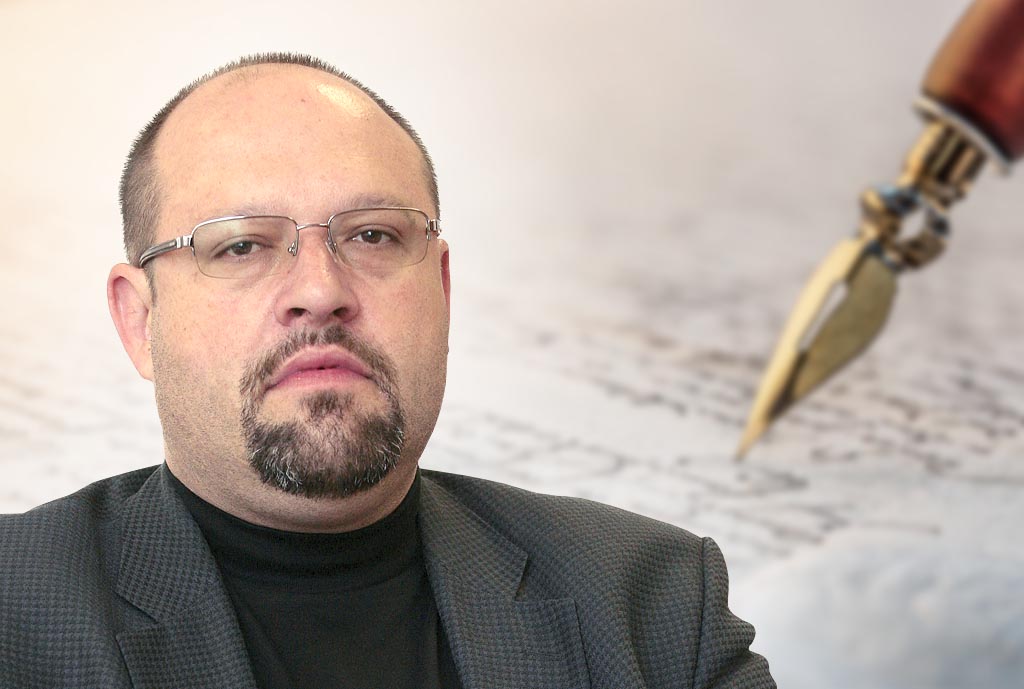By: Dr Matevž Tomšič
Max Weber already noted that in the modern era, politics has become a professional activity, sharing many common points with other professions despite its specificities. In this field, people build careers, similar to those in the business or science sectors. This is quite different from ancient Greece, where the democratic system was born, and most political functions were carried out voluntarily and pro bono. However, unlike those times when politics was highly respected, as it was considered both a right and a duty for citizens, its image has changed significantly today. Politics has acquired a bad reputation, to the extent that engaging in it is sometimes viewed as almost indecent.
This is also linked to the decline in trust in politics and its representatives. Even in established democracies, this is a trend that has been ongoing for decades. The situation is even more problematic in so-called new democracies, such as those in Central and Eastern Europe, where a strong legacy of communist authoritarianism exists. Here, trust in (democratic) politics was already quite low from the outset. The events during the so-called transition period only exacerbated the situation – and not in a positive way.
The poor image of politics is predominantly associated with a lack or even absence of responsibility, responsiveness, and competence. The emergence of so-called new faces does not improve the situation; on the contrary, it leads to a lowering of standards in political behaviour and culture. This is particularly evident in Slovenia, where each new rule of an instant party (formed for the sole purpose of one parliamentary election) brings further degradation. Each of them is poorer in terms of personnel than the previous one. The current rule of “freedom” represents the pinnacle (or rather, the bottom) in this regard. The original Golob government line-up was not a standout in terms of names and references. The recent personnel changes are even worse. It seems as if people are recruited for ministerial positions literally on the street, and those who come first are chosen. Apparently, their pool of talent is as shallow as a roadside puddle after not particularly heavy rain.
A typical example is the new Minister of Agriculture, Mateja Čalušić. Previously, she was a member of the largest government party, but few even knew she was in parliament. The most controversy surrounding her was about her education, as she officially stated a higher level of education than she actually has. However, whether she has a college or university degree is not the most important issue. If she had achievements, such as a successful business career in agriculture, whether she has a diploma would not matter. However, she has no relevant references for the ministerial position. She lacks political experience, leadership experience, and professional achievements. Loyalty to the prime minister seems to be her only qualification.
The ruling elite’s disregard for expertise is evident in managing healthcare issues. They do not have time for serious substantive discussions with professional associations in this field but readily listen to various braggarts and street performers, such as Jaša Jenull, a third-rate director who gained fame as the leader of the “Friday cyclists” and now thinks he can interfere in everything and everyone, including dictating to doctors how to do their jobs.
After the electoral victory in 2022, the ruling coalition declared that it would prioritise expertise. However, what is happening in practice is the opposite. The so-called depoliticisation introduced in almost all areas has brought people to decision-making positions similar to the aforementioned minister. It is enough for someone to be liked by Prime Minister Golob and his inner circle. During the pre-election campaign, Golob repeatedly stated that “people dance”. Now, primarily his loyal dilettantes can dance.

